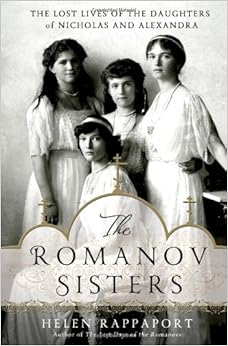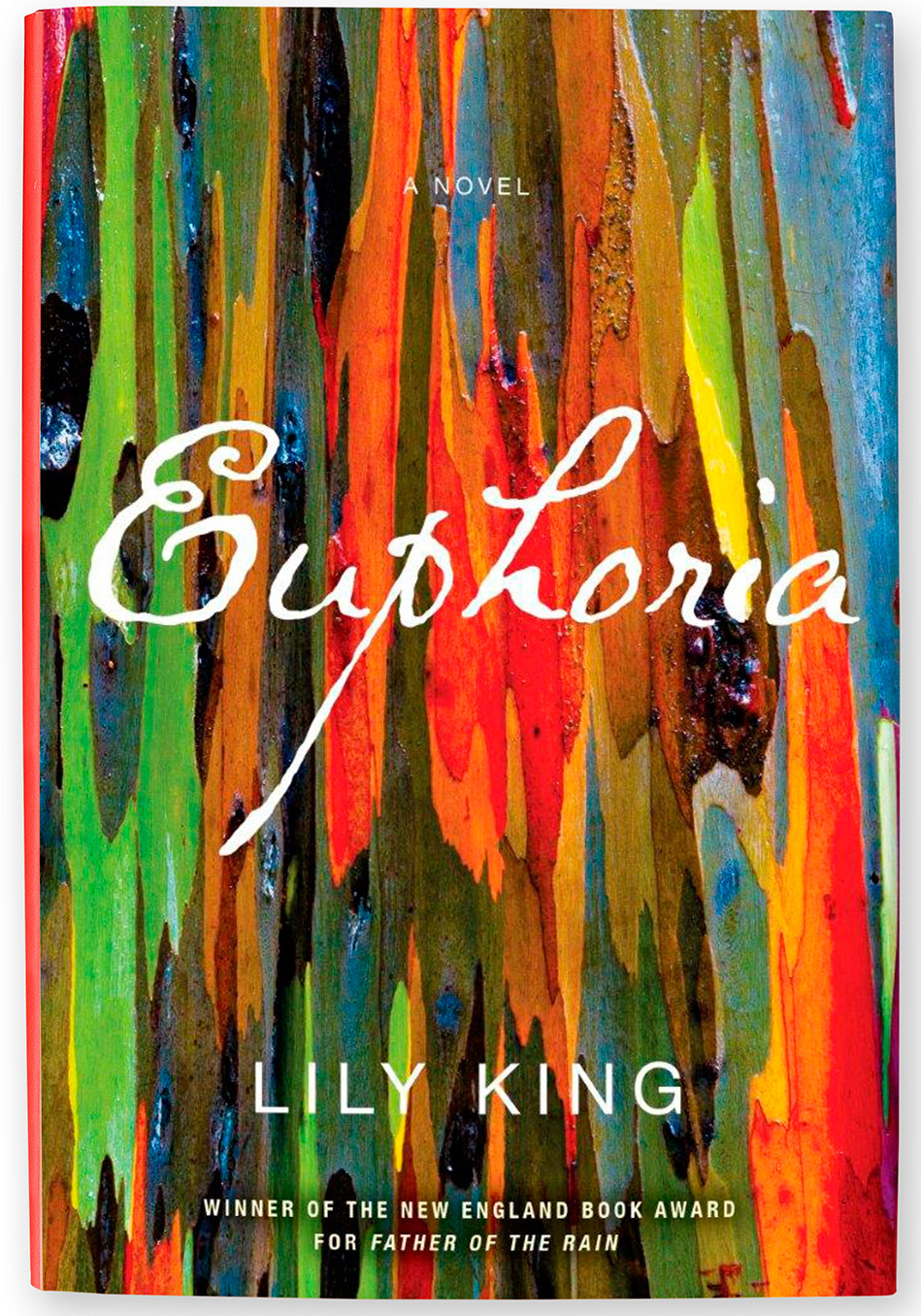 The Romanov Sisters
The Romanov Sisters tells the story of Olga, Tatiana, Maria and Anastasia, grand duchesses and the four daughters of Nicholas Romanov, the last tsar of Russia.
Despite the joy and love Nicholas and his wife Alexandra, Queen Victoria's granddaughter, felt for their daughters, they were each a disappointment to Russia, anxious for an heir.
Finally in 1904, the night rung with 301 cannon shots (instead of 101 for each previous daughter), announcing the birth of the much awaited heir, the fifth and final child for the Romanovs.
Unfortunately, the tsarevich Alexey was a hemophalic, an often fatal condition where a fall could trigger internal bleeding. As the heir to the Russian empire, Alexey's condition could not be shared with the Russian people.
With the need to maintain their brother's secret, their mother's poor health and security concerns due to political instability, the Romanov family secluded themselves, resulting in the sisters growing up in a cocoon.
The sisters were rarely allowed to socialize, and when they did, they socialized with the army cadets who protected them. Modest and well-mannered, the sisters were filled with love for their parents, uncommon in upper-and-ruling-class society where nannies and tutors served as parent figures.
Although Alexey's actions were closely watched and governed, there were a few incidents where his hemophilia almost caused him his life. During these episodes when doctors had no answers, a desperate Alexandra turned to the legendary mystic Rasputin.
Charismatic and self-proclaimed to have healing powers, Rasputin would rush to Tsarskoe Selo to be at Alexey's bedside whenever Alexandra beckoned. With prayers and assurances to Alexandra, Rasputin became a favorite among the Romanov family despite his dubious reputation and unkempt appearances.
For the Russian people, who knew little about the Romanovs, the close association with Rasputin raised suspicious. Alexandra
rarely made public appearances due to her ill health, and when she did
make an appearance, she often ended the night early and rarely spoke to
anyone.
As the grand duchesses became older, there was talk of marriage for Olga and Tatiana. Anachronistic of its time, the daughters had a voice in regards to whom they married. Neither Alexandra nor Nicholas desired to use their daughters as political pawn to build alliances.
Talk of marriages were stalled when WWI broke out, and Alexandra and her daughters threw themselves into nursing work. An outlet from their secluded world at Tsarkoe Selo, nursing allowed the grand duchesses to interact with the outside world.
Although aspirational to see their tsaritsa and grand duchesses attending to wounded soldiers, the Russian people were surprised to see these royal figures dressed plainly, like any other nurse.
As casualty and losses continued, revolutionary groups formed in Russia led by Lenin and the Red Guards. Nicholas stepped down as tsar for the betterment of the country and returned to his family at Tsarskoe Selo.
Banished to Tobolsk, Siberia, the Romanovs remained a tight family unit who rallied together and kept each others' spirits up during their captivity. The family shared a deep love for each other, and although Nicholas and Alexandra proved to be ineffective leaders, they proved to be great parents.
Ironically, the Romanov's love for family, and even love for Russia, proved to be their downfall. Secluded and misunderstood, the Romanovs were a mystery to the Russian people, who felt no affinity to the imperial family.
After a year in captivity in 1918, the Romanovs were marched out of into courtyard and each one brutally executed.
 I always enjoy books by English authors so that I can read the cultural references to my fiance, who sometimes gets homesick for all things British.
I always enjoy books by English authors so that I can read the cultural references to my fiance, who sometimes gets homesick for all things British. 



